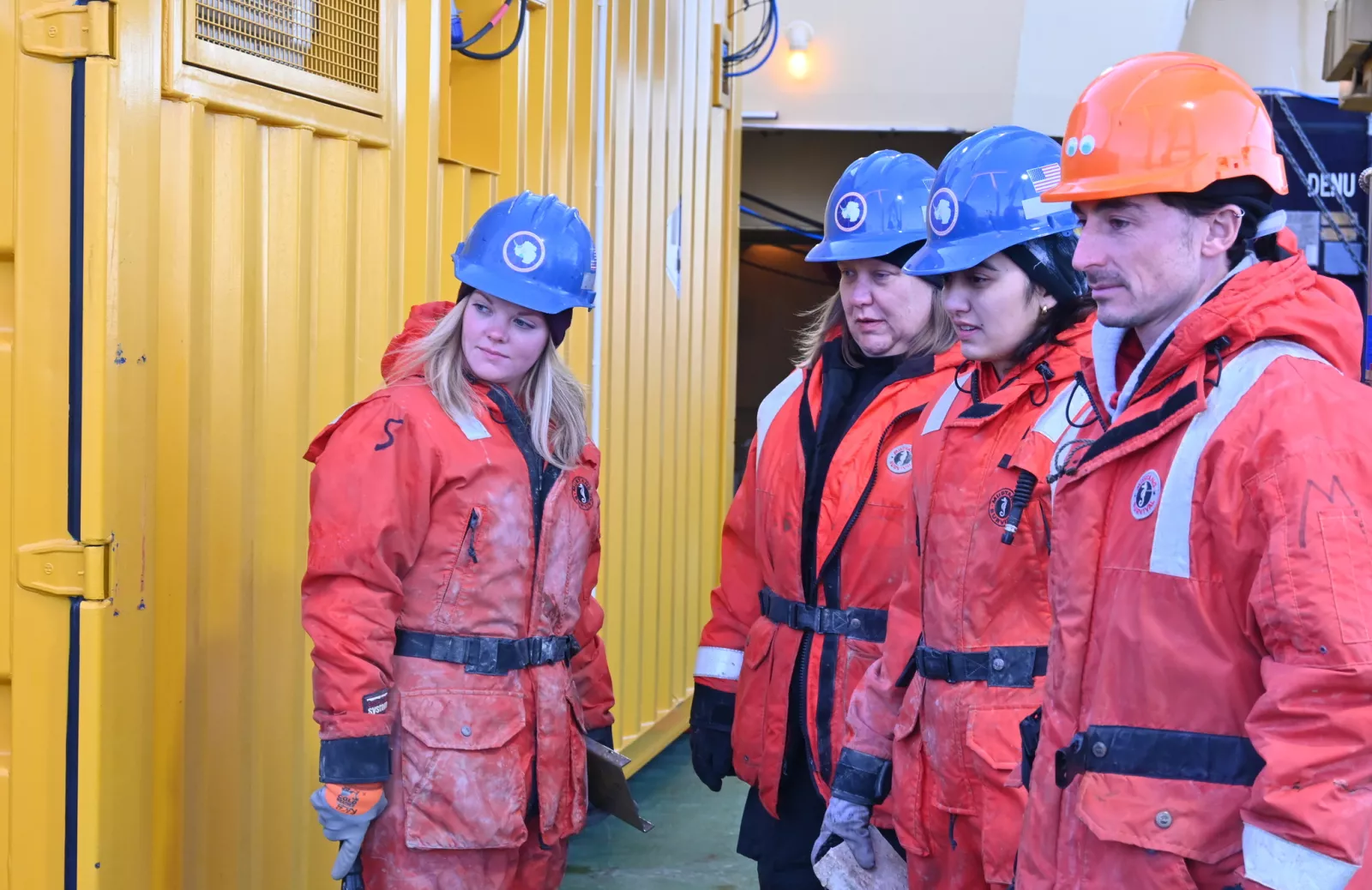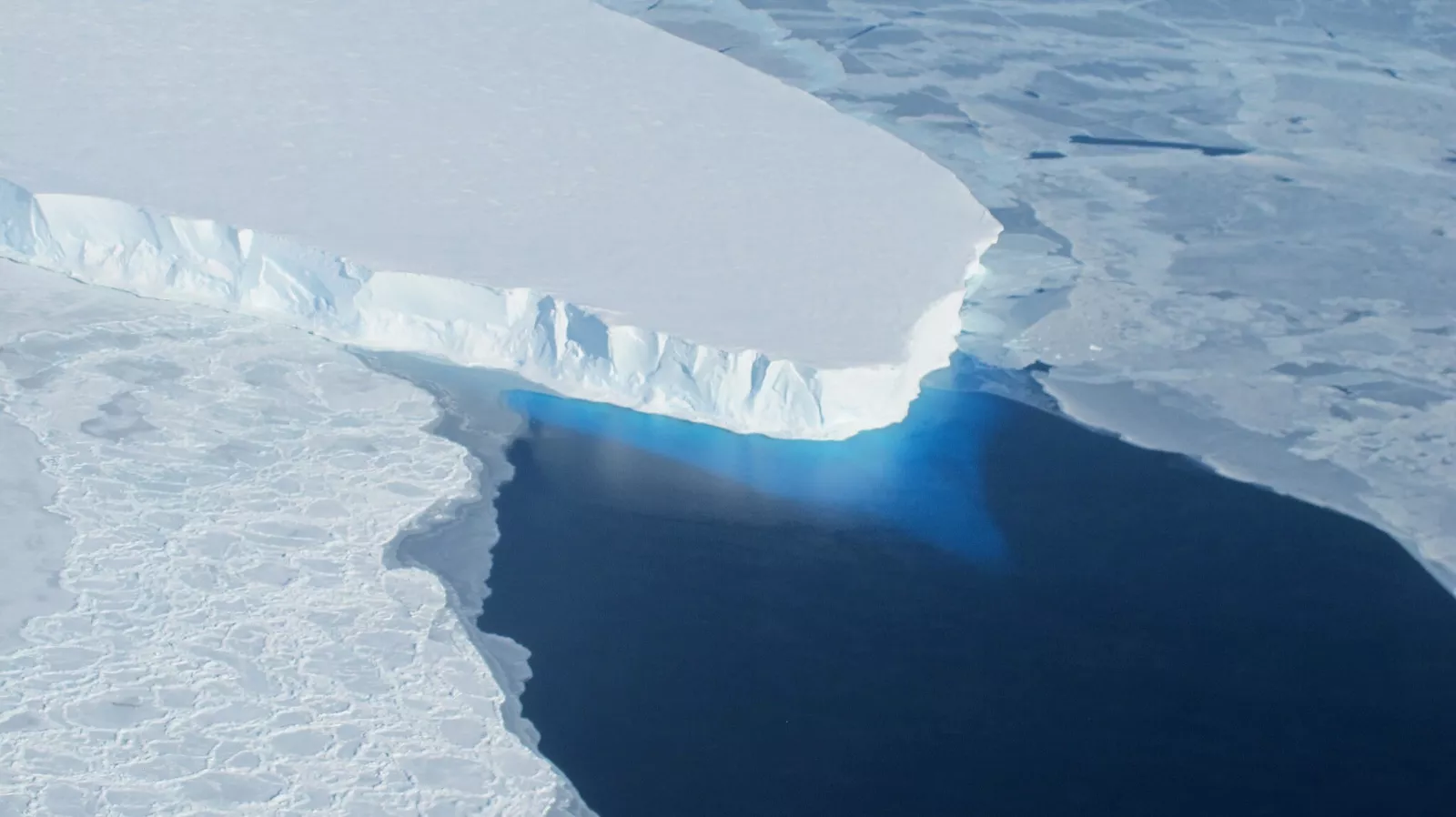Rachel Clark '16 and Julia Wellner '92 Publish Study on 'Doomsday Glacier'

Thwaites Glacier, called the "Doomsday Glacier" because its collapse would cause significant sea level rise, is the subject of a new paper co-authored by Rachel Clark '16 and Julia Wellner '92.
The study has been making headlines; it was covered by CNN, Salon, and Inside Climate News. Published in the journal Proceedings of the National Academy of Sciences, the research examined marine sedimentary records and found that the ice had been melting earlier than previously known. According to the study, the retreat of the Thwaites Glacier, along with the neighboring Pine Island Glacier, likely began with El Niño-driven warming in the 1940s and continued due to climate variation.
“You just can’t ignore what’s happening on this glacier,” Rachel Clark tells Inside Climate News. “It is part of a larger context of a changing climate.”
Read more about Clark and Wellner's work on the Thwaites Offshore Research (THOR) project in the article Antarctic Adventure in the Fall 2019 Alumnae Bulletin.
Authors: Rachel W. Clark, Julia S. Wellner, Claus-Dieter Hillenbrand, Rebecca L. Totten, James A. Smith, Lauren E. Miller, Robert D. Larter, Kelly A. Hogan Alastair G. C. Graham, Frank O. Nitsche, Asmara A. Lehrmann, Allison P. Lepp, James D. Kirkham, Victoria T. Fitzgerald, Georgina Garcia-Barrera, Werner Erhmann, Lukas Wacker
Source: Proceedings of the National Academy of Sciences (PNAS), February 26, 2024, 121 (11) e2211711120, https://doi.org/10.1073/pnas.2211711120
